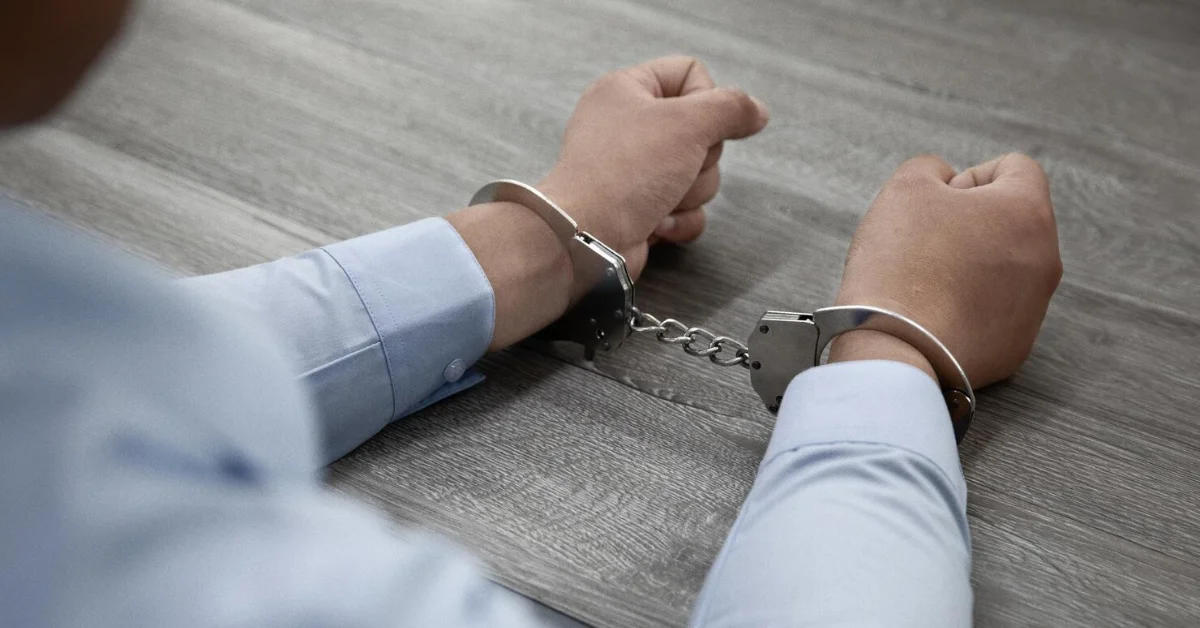The Legal Implications of Wrongful Incrimination: A Comprehensive Overview

Imagine being accused of doing something you didn’t do. It’s a scary thought. Wrongful incrimination can turn your life upside down, making you feel frustrated and scared.
Understanding the legal implications of wrongful incrimination is crucial for everyone because it helps you know your rights and how to defend yourself when faced with false accusations. Knowing your rights can empower you and ensure that justice is served.
What Is Wrongful Incrimination?
Wrongful incrimination occurs when a person gets blamed for a crime they didn’t do. This happens for different causes, like confusion, mistakes, or deliberate lies. Wrongful incrimination can lead to severe consequences, including legal action, jail time, and lasting damage to a person’s reputation.
Legal Rights and Protections
When you face wrongful incrimination, several legal rights protect you. Knowing these protections is your initial move toward protecting yourself properly.
All people can talk to an attorney when charged with breaking the law. An attorney can clarify your protections and lead you through court procedures.
You don’t need to respond to questions unless your attorney is there. This protection stops you from mistakenly saying things that might hurt your case. When falsely charged, you deserve an honest trial where proof gets reviewed and citizens determine if you’re guilty or not guilty.
Common Causes of Wrongful Incrimination
Several factors can lead to wrongful incrimination. Understanding these can help protect you from becoming a victim.
Sometimes, the wrong person is identified as a suspect. This can happen due to poor lighting, similar appearances, or unreliable witness testimony.
Individuals might lie for different motives, like envy or to shift blame away from their own actions. False accusations can lead to severe legal trouble for the innocent person. Police officers might make errors during investigations, which can lead to wrongful arrests.
Sometimes, the media can sensationalize stories, leading the public to believe someone is guilty before all the facts are known. This can create a biased view that affects the legal process.
How to Protect Yourself from False Accusations
Protecting yourself from wrongful incrimination is important. Document all conversations or events. These details can help if you must show you’re innocent afterward.
When someone blames you for something, work to remain composed. Getting upset can worsen things. Rather, peacefully share your version of what happened. If facing accusations, talk to a lawyer.
Understanding your protections and court processes can be beneficial. Learning about the steps in wrongful incrimination can make you feel better equipped.
Defenses Against Wrongful Incrimination
If you find yourself accused unfairly, several defenses can help you counter the claims. Providing proof that you were somewhere else when the crime occurred can help establish your innocence.
When there’s insufficient reliable proof backing the claim, this becomes powerful protection for you.
Getting people who can confirm you’re innocent can greatly improve your defense. Friends, family, or employers can provide character references that reinforce your integrity and reliability.
Remember, if you trust your rights, seek help when needed, and know factors that lead to wrongful incrimination, you can stand strong against false accusations.
Moving Forward with Awareness
Staying informed about wrongful incrimination is essential. Being knowledgeable can help you navigate complex legal waters in case you face such challenges. Following these actions can both shield you and help create a fair community.
